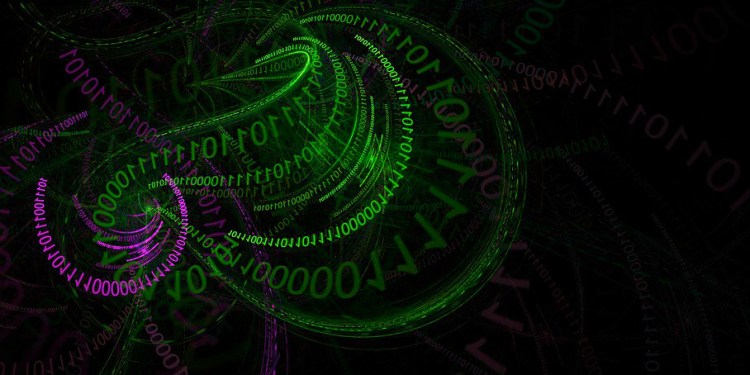So you want to be a blockchain developer…
Maybe you’re drawn by the innovative projects available, from solving world hunger to democratizing the energy market.
Maybe you’re driven by an urge to work on cutting edge technology.
Or maybe you just want to cash in on the salary premium that experienced blockchain engineers can command.
The key to landing your dream job in any industry is usually a combination of luck, experience and skill. And because you can’t do much about luck, you’ll need to focus on the other two factors.
The good news is that the field is still relatively new, so not having a ton of applicable experience isn’t going to be a big deal to employers. In fact, many project managers have given up on finding the so-called “unicorn” or “ninja” developer. Instead, they prefer to hire less experienced engineers who have basic skills, and then train them on the intricacies of their project. Those with a ton of experience are hard to find, and come at a correspondingly high cost.
Your ticket to the blockchain job of your dreams, then, is to develop your blockchain skills so you stand head and shoulders above other applicants. Many people want to work in blockchain, so to come out ahead in the employment game, you’ll need to immerse yourself in the tech.
So what skills do you need? Here are the minimum qualifications to score yourself a job as a blockchain developer:
- Basics of Blockchain. You’ll need to have a grounding in the fundamentals of the technology, including networks, cryptocurrencies, wallets, smart contracts, and distributed applications (DApps).
- Cryptography, Decentralization and Consensus Protocols. From private and public keys to digital signature, proof of work, and proof of stake, you should understand cryptography and blockchain consensus.
- Cryptocurrency Wallets, Transactions and Exchanges. You should know how to build a wallet, wallet APIs, generate keys, use mnemonics and send transactions.
- Cryptocurrency Mining. Qualified engineers need an understanding of the mining process, including core mining, mining software, mining pools and mining hardware and software.
- Ethereum and Crypto-tokens. The Ethereum blockchain offers a standardized way to create new tokens on its blockchain called the ERC20 protocol. As a result, it’s critical that you understand ERC20 tokens, ICO and token sale events and using an Ethereum wallet.
- Optimizing a Blockchain Network. You should be familiar with sidechains and off-chain transactions, as well as blockchain and wallet security, cold wallets and smart contract security.
- DApps. You’ll want to get acquainted with DApp architecture, use cases and notable examples. You should also know how to create a web app that connects smart contracts with traditional Web development.
- Solidity. Solidity is a contract-oriented, high-level language for implementing smart contracts. A thorough understanding of Solidity, including contracts, functions, data types, variables, etc., is needed.
- Smart Contracts. You’ll need to be very familiar with smart contracts, including upgradable contracts, unit testing and security. You also will want to know how to build a smart contract on the RSK network.
- Corporate Blockchain Platforms. Because most developers will be working in a corporate environment, you’ll want to know how to code smart contracts and create DApps in Hyperledger Fabric, a blockchain framework implementation and one of the Hyperledger projects hosted by The Linux Foundation.
It’s a long list, and it’s easy to see why a weekend coding crash course or even dedicated independent study isn’t going to be sufficient to get you up to speed.
To fully prep yourself to enter the blockchain dev world, look for a robust program that offers in-depth training, and, ideally, career matching as well.
Academy – School of Blockchain is the world’s first accredited school of blockchain. We’ve compiled an advisory board comprising some of the leading minds in blockchain, with the goal of developing comprehensive, intensive developer training programs to help realize your dream of working in blockchain and, hopefully, solving some of the world’s most significant problems with your new skills.

Jason King – Humanitarian Hacker. Executive Director, Unsung.org. Co-Founder, Academy – School of Blockchain, the world’s first university-accredited blockchain training program. To find out more about how the Academy – School of Blockchain is working to address the developer shortfall, download a copy of the Academy’s whitepaper, “Developing the Future of Blockchain”.
Follow us on X, Facebook and TelegramDon't Miss a Beat – Subscribe to get email alerts delivered directly to your inbox
Check Price Action
Surf The Daily Hodl Mix





